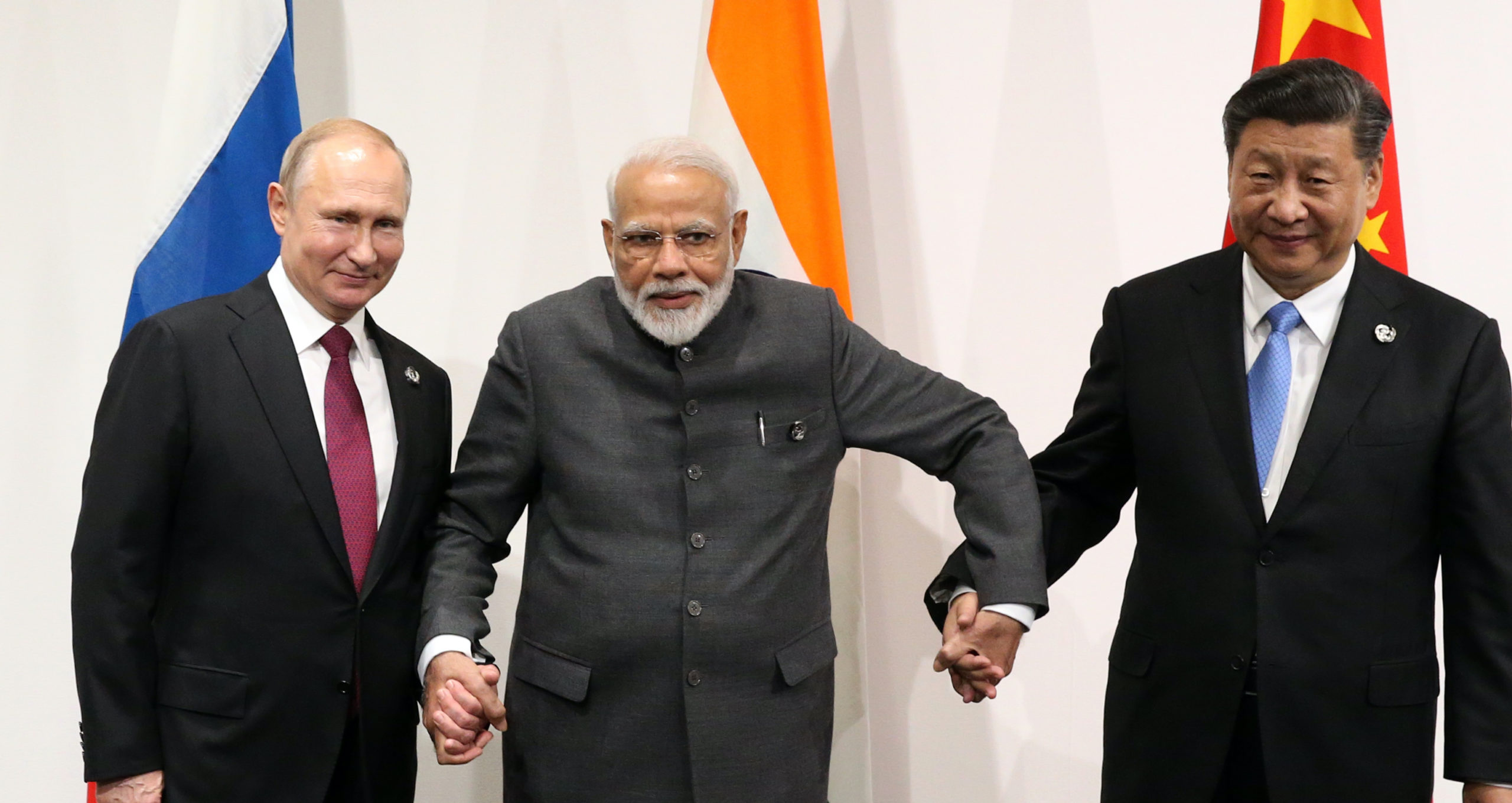Russia has been sanctioned by an ever lengthening list of international organisations. The country has been removed from the SWIFT global payments system, from international football competitions and from the Eurovision Song Contest.
Russian athletes have just been banned from the Paralympic Winter Games in Beijing; and even Russian cats aren’t exempted — they’re the subject of special measures by the Fédération Internationale Féline (FIFe).
However, there’s one prestigious body of which Russia is still a full member, and likely to remain so: the G20. The organisation was founded in 1999 to reflect the fact that the G7 nations (the seven biggest western economies) no longer dominate the global economy. The G20 therefore provides a forum in which the G7 countries can sit alongside China, India and other major economies from each global region.
Together, the members of the G20 account for two-thirds of the world’s population and 90% of its economic output. As a forum for economic cooperation it matters. Suspending or expelling Russia from membership would be a major step.
One G20 leader — Scott Morrison, the Prime Minister of Australia — has already suggested that Russia’s membership should be reconsidered.
There is a precedent. In 1997, the G7 became the G8 when Russia was invited to join as a full member. However, that came to an end in 2014 when Russia was suspended following the annexation of Crimea. The G8 subsequently reverted to its previous name.
In theory, the G20 could follow suit and become the G19. However, the organisation operates on the basis of consensus. Unlike the G7, the G20 is not a western club, so achieving unanimity is unlikely — especially with China as a member.
But there might be another way. Half the G20 members — the G7 nations, Australia, South Korea and the European Union — can be counted as western democracies. If they were to collectively boycott any meeting at which Russia is present, then the G20 would effectively cease to function. Other members might also join in. Of this group of ten, six (Argentina, Brazil, Indonesia, Mexico, Saudi Arabia and Turkey) voted against Russia in this week’s UN vote on Ukraine (China, India and South Africa abstained).
In other spheres — especially culture and sport — the boycott threat has proven effective in persuading reluctant international bodies to act against Russia.
Finally, it’s worth remembering that a founding purpose of the G20 was to facilitate global cooperation on financial stability. The organisation was created to help prevent events like the 1997 Asian financial crisis. However, several of its member states are now engaged in a financial war. As a response to Russia’s invasion of Ukraine, the western countries are deliberately destabilising Russia’s banking system and therefore its entire economy.
In this respect, the G20 has already ceased to function.











Join the discussion
Join like minded readers that support our journalism by becoming a paid subscriber
To join the discussion in the comments, become a paid subscriber.
Join like minded readers that support our journalism, read unlimited articles and enjoy other subscriber-only benefits.
Subscribe